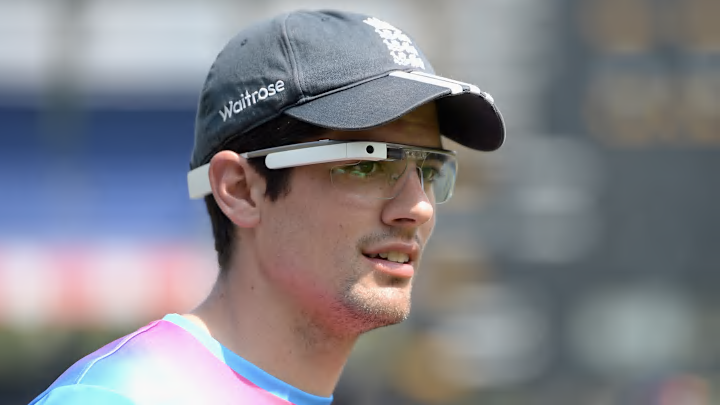The Rise of Wearable Tech and Its Health Benefits

Not too long ago, the idea of tracking your heart rate, sleep patterns, and physical activity in real-time seemed like something out of a sci-fi novel. Today, wearable technology has turned that fantasy into reality, and it’s changing the way we approach personal health and wellness. From smartwatches that monitor heart rhythms to fitness trackers that count every step, wearable tech has embedded itself into our daily lives—quietly, seamlessly, and profoundly. But what’s behind this surge in popularity, and what does it mean for our health?
A Fusion of Fashion and Functionality
The first wave of wearables was purely functional—bulky, plastic devices that focused on performance rather than aesthetics. But as technology advanced, so did the design. Today’s wearables blend seamlessly into our personal style, from sleek smart rings to designer-branded fitness bands. The appeal isn’t just in the technology but in the ability to integrate it effortlessly into daily life. When innovation meets fashion, adoption skyrockets, and that’s exactly what we’ve seen with wearable health tech.
Real-Time Health Monitoring: More Than Just a Step Counter
Gone are the days when wearables were just glorified pedometers. Modern devices now track a vast array of health metrics, providing users with a detailed snapshot of their well-being. Smartwatches equipped with ECG sensors can detect irregular heartbeats, potentially alerting users to serious conditions like atrial fibrillation before symptoms even arise. Blood oxygen monitors, stress tracking, and even continuous glucose monitors for diabetics are revolutionizing how people manage their health. The power of real-time data cannot be overstated—it allows users to take immediate action, whether that means hydrating more, getting extra rest, or seeking medical advice.
A Revolution in Sleep Science
It’s not just about counting steps anymore—wearables have also become powerful tools for understanding sleep. Sleep tracking technology has evolved beyond simply logging hours of rest. Now, wearables analyze sleep cycles, detect disturbances, and even measure oxygen levels during sleep to identify conditions like sleep apnea. By providing insights into sleep quality, these devices empower users to make lifestyle changes that improve overall well-being. The connection between good sleep and long-term health is undeniable, and wearables are helping people understand their own bodies better than ever before.
Encouraging a Healthier Lifestyle—One Notification at a Time
One of the most underrated benefits of wearable tech is its ability to subtly encourage healthier habits. A gentle vibration reminds you to stand up after an hour of sitting, a nudge on your wrist suggests taking a deep breath when stress levels spike, and personalized workout recommendations push you toward fitness goals. These small but persistent nudges create a culture of self-awareness, helping users make better choices throughout the day. The psychology behind this is simple: small, manageable actions add up to significant long-term improvements.
Bridging the Gap Between Patients and Doctors
Wearables aren’t just for personal use—they’re also changing the doctor-patient relationship. With continuous health monitoring, physicians can get a more accurate picture of a patient’s condition over time, rather than relying on sporadic check-ups. Data from wearables can help doctors diagnose conditions earlier, track the effectiveness of treatments, and tailor recommendations to individual needs. This shift toward proactive healthcare has the potential to reduce hospital visits and improve overall patient outcomes.
The Future: Where Are We Headed?
As technology continues to advance, the potential for wearable health tech is limitless. We are already seeing the rise of smart fabrics that can monitor biometrics without requiring a device on the wrist. AI-driven analytics are making health data more personalized and predictive than ever before. Soon, we may have wearables that detect hydration levels, assess mental health with even greater accuracy, or even analyze nutrition intake through skin sensors. The future of wearable health tech is not just about tracking—it’s about prevention, prediction, and ultimately, a longer, healthier life.
Wearable technology is no longer a trend; it’s a movement. It’s reshaping the way we think about health, making self-care more intuitive, accessible, and effective. Whether you’re a fitness enthusiast, someone managing a chronic condition, or just a curious tech lover, wearables offer a fascinating glimpse into the future of health—one step, heartbeat, and night of sleep at a time.